The 5 Things You Need to Know to Recycle Right
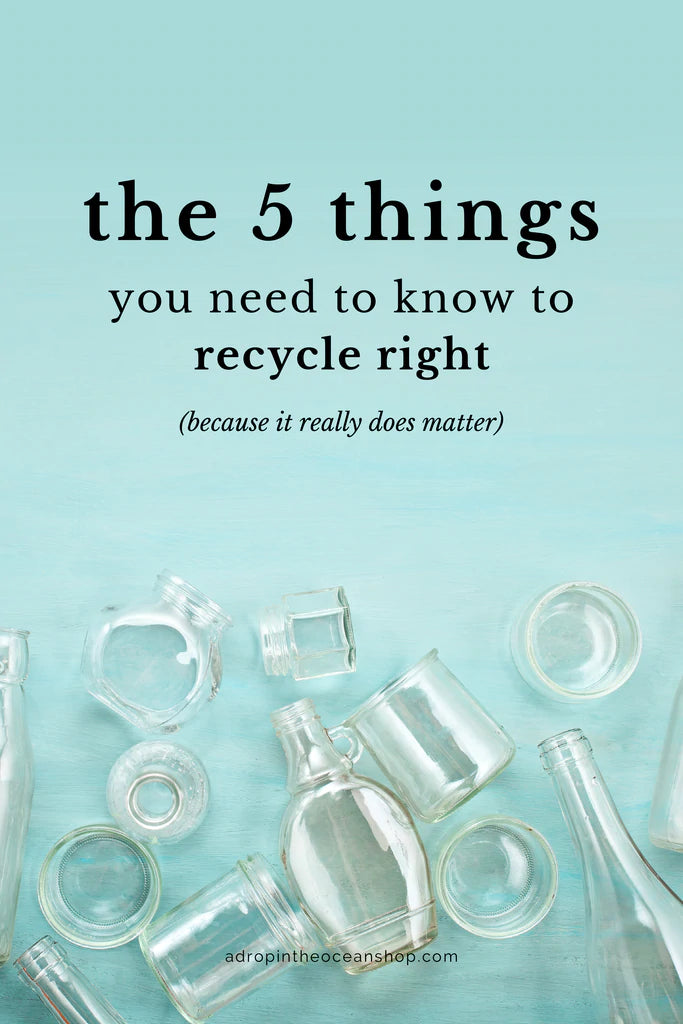
“I feel like your recycling bins have become a main character in your life,” my friend chuckled after I relayed to him - again - the day’s non-recyclables overflowing in the community bin.
I don’t talk about recycling much. I firmly believe it should be a last resort when it comes to managing our waste, but after this conversation, it’s time to address the elephant in the room.
Recycling guidelines vary widely from city to city, and the recycling symbol doesn't actually tell us much. So here are the five things everyone should know about recycling - no matter where you live.
1. Know what’s recyclable in your city.
Recycling guidelines vary widely from city to city. What’s recyclable in Seattle may not be recyclable in Tacoma. It’s incredibly frustrating. And guidelines change.
It’s so important to know what’s recyclable exactly where you live. This is the most important step in recycling right.
A quick Google search for “recycling guidelines [your city]” will get you everything you need to know.
2. Don’t bag it!
Please, please, please do not put your recycling in a plastic bag.
(And for that matter, don’t put any plastic bags in your recycling bin.)
Plastic bags on their own clog sorting machines, and the people working in these facilities do not have time to untie and empty bags of recyclables. The bags will be sent to landfill - even if everything inside the bag is perfectly prepped for recycling.
3. Clean and dry matters.
Make sure everything you put into your bin is free of food residue and dry. This is especially true for municipalities with single-stream recycling (the type of recycling system where you put everything in one bin rather than separating paper, plastic, glass, aluminum, etc.) - which is nearly all municipalities in the US.
If recyclables are contaminated with food or liquids, it automatically means they won’t be recycled. Rinse your cans, bottles, jars, and pat them dry before tossing in your bin.
4. When in doubt, trash it.
Have you ever thought to yourself “I don’t know if this is recyclable, so I’ll put it in the bin just in case.”? Yeah, we’ve all been there.
Wish-cycling is just as it sounds; we wish something is recyclable, so we put it in our bin hoping that it will be. But this can be just as bad as putting contaminated recyclables in your bin. If something isn’t recyclable, it can cause the whole bin to go to landfill, especially if there are a lot of non-recyclables.
Some common wish-cycled items are plastic bags, paper towels and napkins, pizza boxes, broken glass (PLEASE never do this - it can be so dangerous for the workers), and small items like bottle caps.
- Plastic bags are a super low-quality plastic that can’t be recycled, and so lightweight they clog machines.
- Paper towels and napkins have likely already been recycled several times and their fibers are too short to be recycled into new paper. They’re also most likely used, and therefore contaminated, which we already established makes anything unrecyclable.
- Pizza boxes are contaminated, at the very least with grease. Tear the top off (as long as there’s no grease spots) and recycle that, but the bottom and any other parts with grease should be composted or go to landfill.
- Broken glass is dangerous. Just don’t.
- Small items like bottle caps can fall through cracks (literally) in the sorting machinery and cause clogs and entire system backups.
Wish-cycling not only means that less will be recycled, but it also means wasted time and resources - and taxpayer dollars!
The recycling facility has just spent time, energy, and resources to pick up your recycling, transport it back to the facility, sort it out, realize it can’t be recycled, and then again pack it all back up and transport it to a landfill.
This is why it is so important to learn what can actually be recycled in your city.
And when in doubt, throw it out. Yes - it may actually be better to throw something away than put it in the recycling bin!
5. Buy recycled.
Recycling is a business. It follows the same laws of supply and demand as any other market. When China stopped accepting our “recycling” in 2018, the demand dropped. Many municipalities stopped collecting recycling altogether. When no one is buying recyclables, there is no reason to continue supplying recyclable materials.
If we truly want to see a sustainable recycling program - that does more than give us the warm and fuzzies every time we put a bottle in our bin - we need to support the entire system, including the resulting products.
Choose products made with post-consumer recycled materials, and advocate for minimum recycled content regulations.
Is there anything on this list that surprised you? Drop it in the comments below!
I still remember how shocked I was when I learned that aluminum foil, even when clean, can’t be recycled in Tacoma, so you’re not alone if you’re shocked by something!
Related:
The 7 Types of Plastic You Need to Know (And How to Recycle Them)
What exactly does the chasing arrows recycling symbol mean?


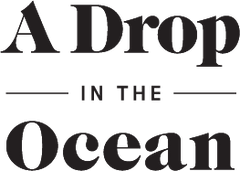
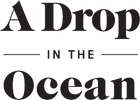
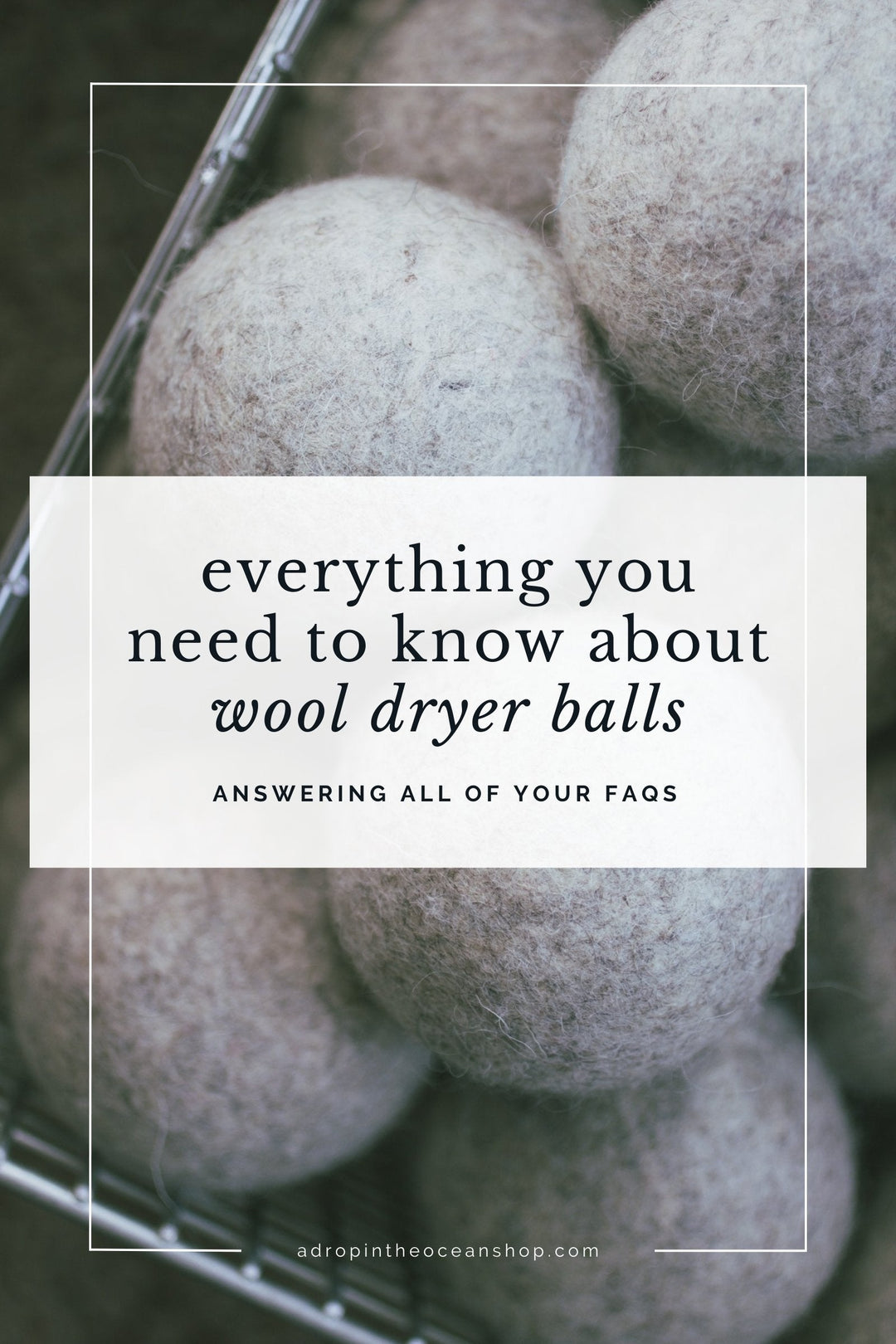
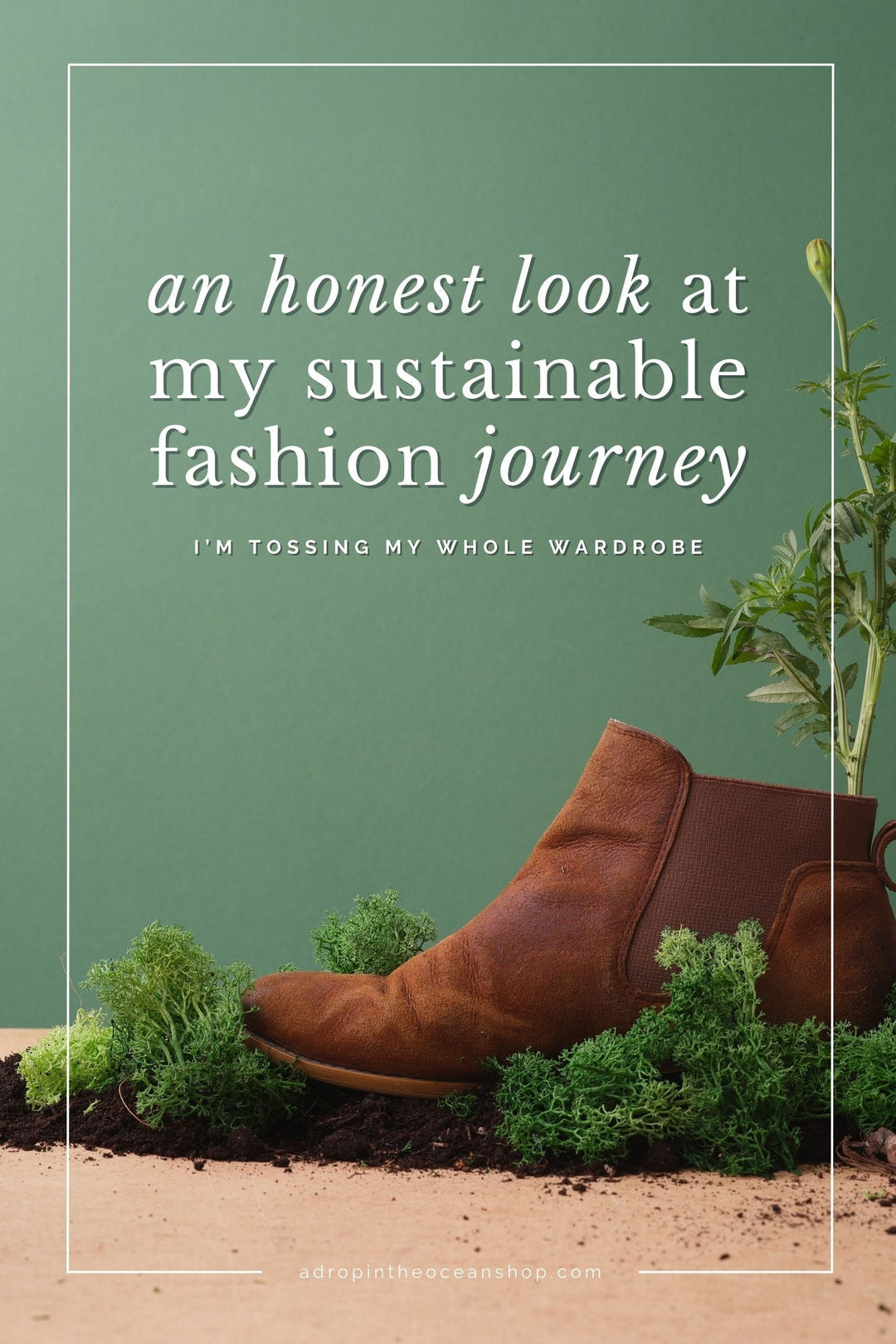
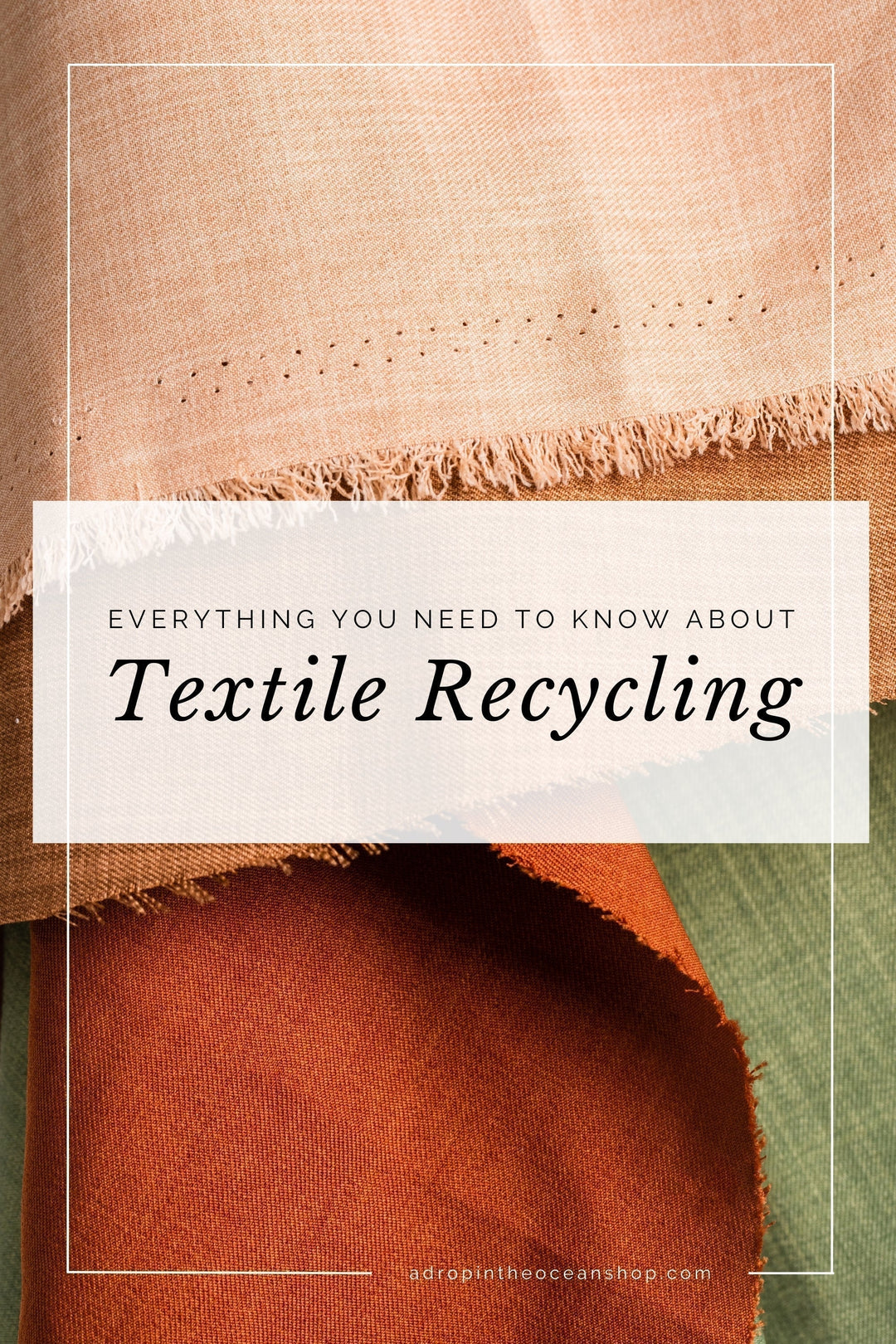
Insightful tips! Your commitment to educating on proper recycling is commendable. Keep empowering eco-conscious choices!
Informative read! Loved the breakdown of recycling myths and tips. It’s refreshing to see a blog empowering readers to make a positive environmental impact. Thank you!
The wish-cycling got me. I knew about contaminated products and always make sure to clean my containers before dropping them in the box but I did not know that if a wrong product is thrown in it can ruin the whole box. I’ve printed out a local recycling cheat sheet to help me in the future!
I was glad to read about wish cycling. I think I have been doing a lot of that.
Leave a comment